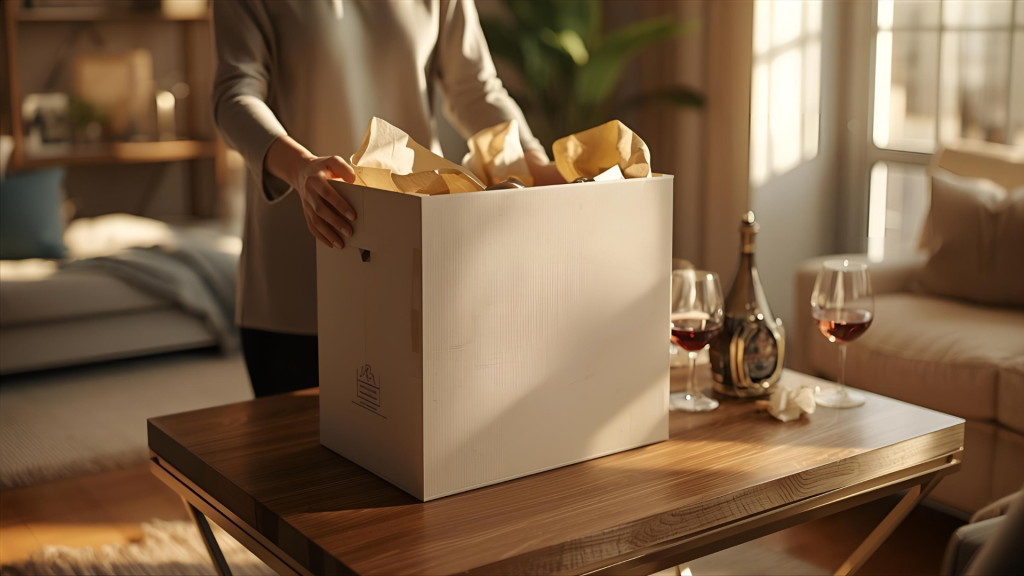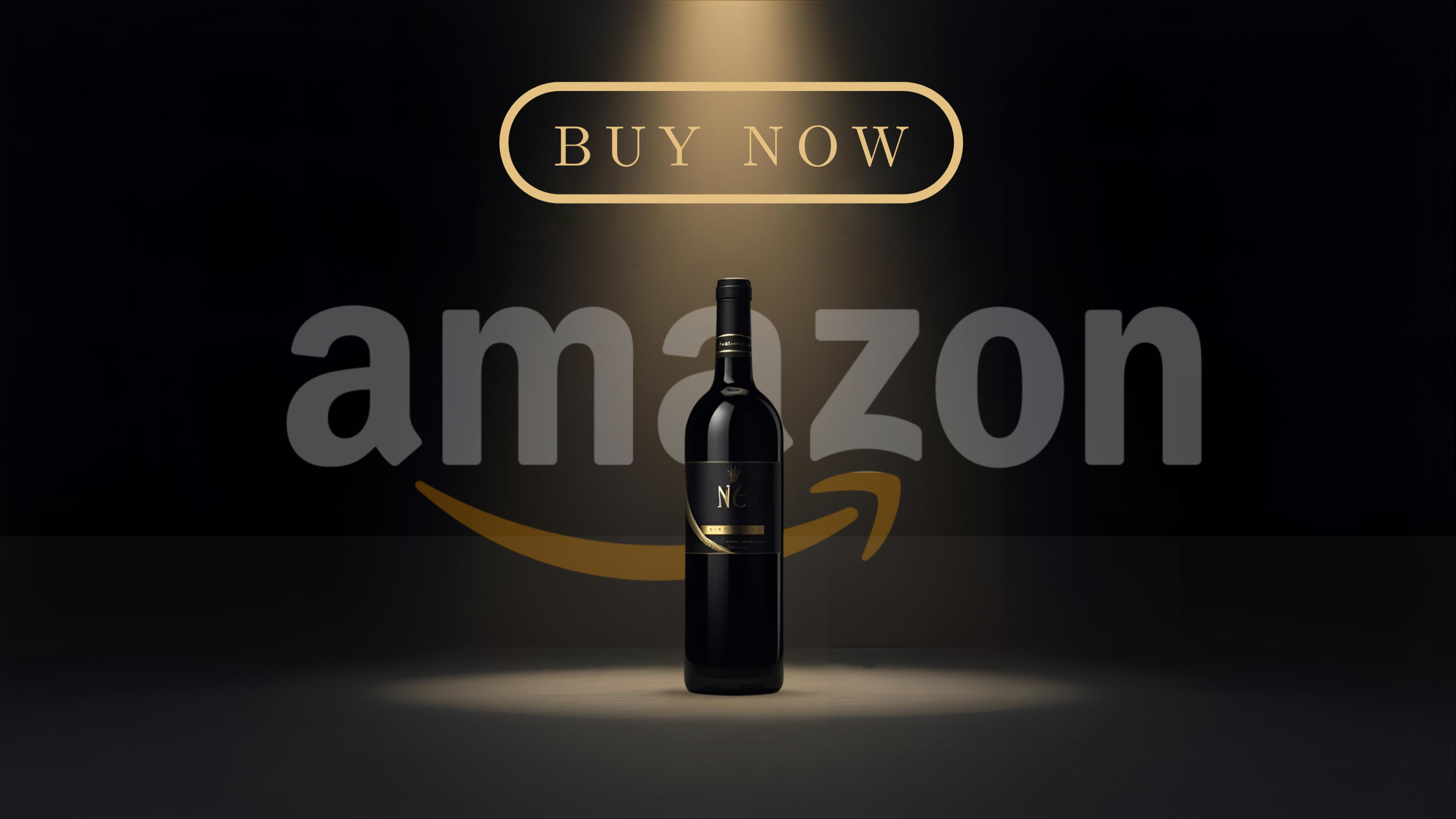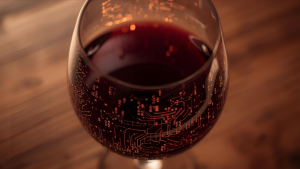Many producers and sellers still believe that after a tasting at the winery or in the shop, the customer returns home happily loading bottles into their car. But this is no longer the case today.
Luxury today lies in the care of service
For the consumer, the real luxury is no longer the bottle itself, but not having to carry it themselves. Even in markets where the customer might drive to the winery, such as Germany or Austria, the possibility of receiving bottles at home is now an essential request.
The data confirms this trend in Europe too: in Austria, Amazon holds over 40% of the e-commerce market¹, while in Germany, 67% of online consumers² indicate home delivery as the main reason for purchasing online.
Globally, the e-commerce market for alcoholic beverages is growing strongly: it is expected to increase from approximately $64.5$ billion USD in 2024 to over $223.5$ billion USD in 2032³, confirming that consumers increasingly expect premium products to arrive directly at their homes.. Those who offer this possibility increase sales and meet the expectations of the most demanding customers.
From the visit to the doorstep
What was once a privilege has now become a necessity. Customers want to be able to receive at home what they have carefully chosen, and not just bottles of wine: craft beers, rare spirits, gift boxes, and premium products in general.
In addition to already known examples like JustEat and Amazon, services such as Eataly home delivery, Glovo, or local delicatessens have accustomed consumers to receiving quality products directly at home. Applying the same logic to beverages means transforming the visit or purchase into a complete experience, where convenience is an integral part of perceived luxury.

D2C: offering convenience without complications
The Direct-to-Consumer model makes it possible to offer all this without the producer having to personally deal with logistics, transport, or packaging. Thanks to integrated systems and reliable partners, the bottles arrive at home in the best condition, with all the care that the product deserves.
The opportunity to sell wine to foreign private customers allows the client to enjoy a premium experience without worries, while the producer can concentrate on what they do best: creating value with the product and building lasting relationships. In D2C, therefore, the service becomes an integral part of the product, conferring upon it more perceived value.
The consumer wants simplicity, not effort
The message is clear: those who remain anchored to the “take the bottles away in the car” model risk being left behind. Home delivery is no longer an extra: it is the new rule of consumption.
Adopting the D2C model means transforming a gesture once considered a luxury into concrete convenience and value, improving customer satisfaction, loyalty, and producer margins. Offering a complete experience, from selection to delivery, is no longer an option: it is a winning strategy in the premium market.
Sources
1 ecommercenews.eu, Amazon has more than 40% market share in Austria, https://ecommercenews.eu/amazon-has-more-than-40-market-share-in-austria
2 trade.gov, Germany eCommerce Market Overview, https://www.trade.gov/country-commercial-guides/germany-ecommerce
3 credenceresearch.com, Alcohol E-Commerce Market Report, https://www.credenceresearch.com/report/alcohol-e-commerce-market




